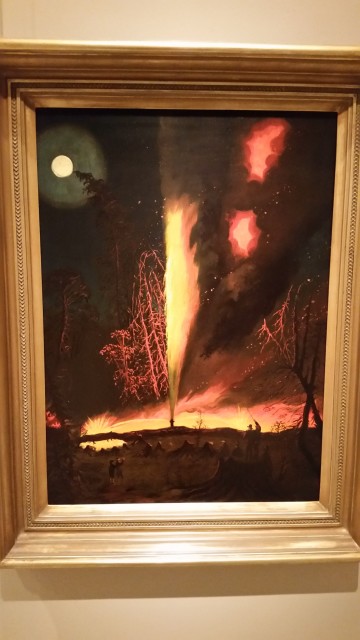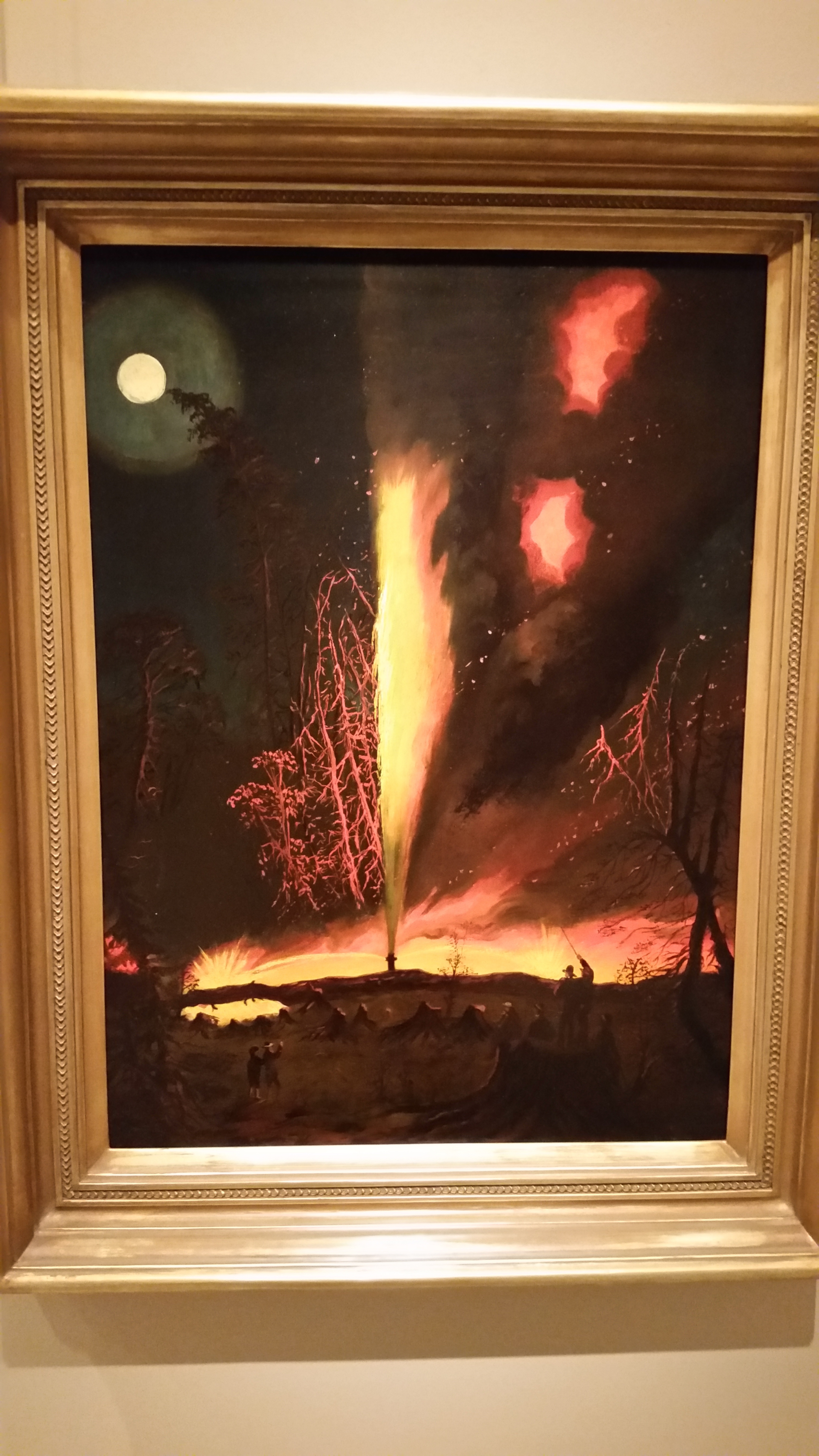The Roman Catholic Church officially supports the drastic and immediate reduction of carbon emissions worldwide. That’s the take-away on climate change from Laudato Si’, Pope Francis’ much anticipated encyclical on the environment.
Lest there be any doubt about its status, His Holiness makes a point of saying that the encyclical “is now added to the body of the Church’s social teaching.” And what it has to teach on climate change is that there is “an urgent need to develop policies so that, in the next few years, the emission of of carbon dioxide and other highly polluting gases can be drastically reduced.”
To be sure, Francis does not take a position on exactly how much of a reduction is necessary, or whether the current international goal of stabilizing mean global temperatures at two degrees Celsius above the pre-industrial level will be adequate. But in layman’s language he articulates how climate change is taking place — and what the consequences of failing to stop it are.
Warming has effects on the carbon cycle. It creates a vicious circle which aggravates the situation even more, affecting the availability of essential resources like drinking water, energy and agricultural production in warmer regions, and leading to the extinction of part of the planet’s biodiversity. The melting in the polar ice caps and in high altitude plains can lead to the dangerous release of methane gas, while the decomposition of frozen organic material can further increase the emission of carbon dioxide. Things are made worse by the loss of tropical forests which would otherwise help to mitigate climate change. Carbon dioxide pollution increases the acidification of the oceans and compromises the marine food chain. If present trends continue, this century may well witness extraordinary climate change and an unprecedented destruction of ecosystems, with serious consequences for all of us. A rise in the sea level, for example, can create extremely serious situations, if we consider that a quarter of the world’s population lives on the coast or nearby, and that the majority of our megacities are situated in coastal areas.
Get the picture? In terms of policy, he turns thumbs down on the buying and selling of carbon credits, declaring: “in no way does it allow for the radical change which present circumstances require.” Bam!
But it is not just that Francis has devoted his considerable moral authority, and that of his church, to the cause of combatting climate change. He embeds that cause in a summons to a comprehensive world view opposed to the “dominant technological paradigm” of our time. The enemy is consumerism, the belief that the free market can solve all problems, the conviction that economics is superior to politics. Against that paradigm he proposes an “integral ecology” that recognizes the interdependence of all God’s creatures, protects the earth, and works for the common good.
No doubt the pope’s critics, not least inside the church, will be saying how wonderful his moral vision is, and even allowing as how yes, maybe, it could be that climate change is anthropogenic — man-made. But then they’ll say that the pope’s a dreamer, a visionary like his beloved St. Francis, yet hardly the kind of practical man of affairs who can solve problems in the real world. Look what the magic of the market has done to lift whole nations out of poverty! Of course we need to be green, but in the context of sustainable growth.
Actually, Pope Francis is no naif, and is more than prepared for such condescension. “In this context, talk of sustainable growth usually becomes a way of distracting attention and offering excuses,” he writes. “It absorbs the language and values of ecology into the categories of finance and technocracy, and the social and environmental responsibility of businesses often gets reduced to a series of marketing and image-enhancing measures.”
Market capitalism has many virtues, but dealing with externalities like the degradation of the planet is not one of them. And the pope is only too well aware of that. “Once more, we need to reject a magical conception of the market, which would suggest that problems can be solved simply by an increase in the profits of companies or individuals,” he writes. “Is it realistic to hope that those who are obsessed with maximizing profits will stop to reflect on the environmental damage which they will leave behind for future generations?”
That has certainly not been the case in dealing with climate change in the international arena. “It is remarkable,” he writes, “how weak international political responses have been. The failure of global summits on the environment make plain that our politics are subject to technology and finance. There are too many special interests, and economic interests easily end up trumping the common good and manipulating information so that their own plans will not be affected.”
Coming from the developing world, Francis is particularly sensitive to the ways corporate interests can work their will on governments. “Today, it is the case that some economic sectors exercise more power than states themselves,” he writes. “But economics without politics cannot be justified, since this would make it impossible to favor other ways of handling the various aspects of the present crisis.”
This insistence on the urgent need to strengthen the political over the economic lies at the heart of the Franciscan project. “The establishment of a legal framework which can set clear boundaries and ensure the protection of ecosystems has become indispensable,” he writes, “before the new power structures based on the techno-economic paradigm overwhelm not only our politics but freedom and justice as well.”
At a time when our own domestic politics is being overwhelmed by money, Americans have received a wake-up call. In Francis’ words, “A healthy politics needs to be able to take up this challenge.”







